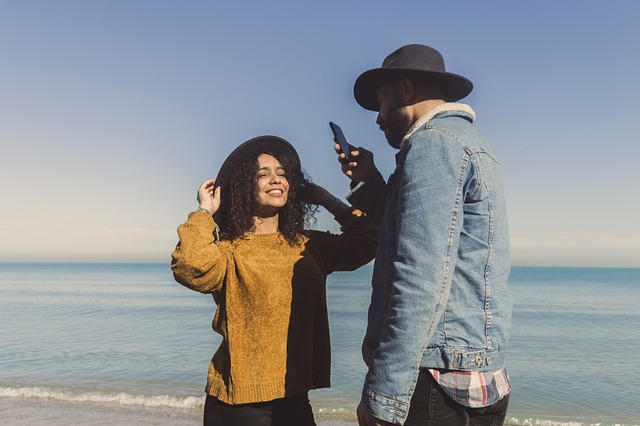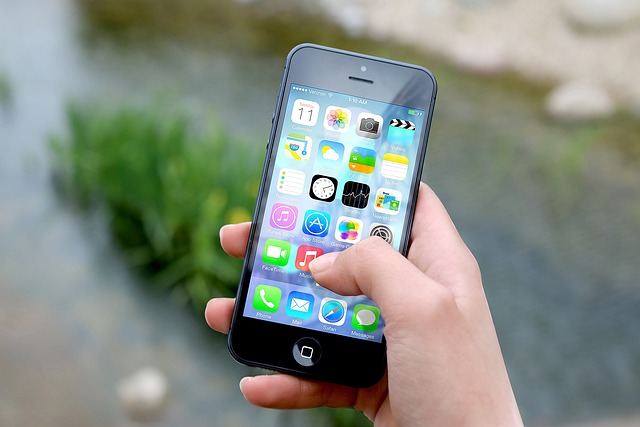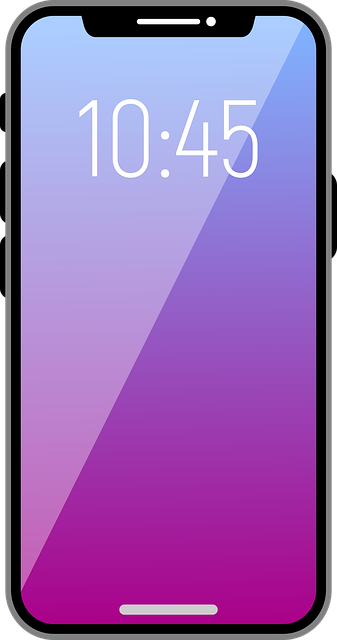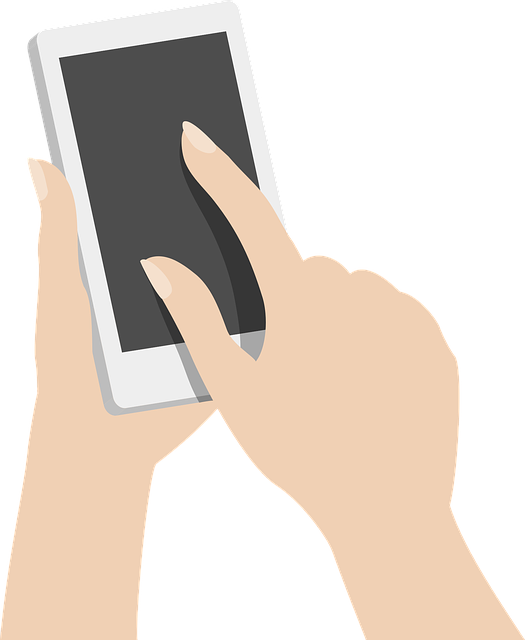In Washington, DC's competitive nonprofit sector, technology like the autodialer is reshaping outreach strategies. While autodialers automate calls to enhance donor and volunteer connections, navigating stringent legal considerations, including the Telephone Consumer Protection Act (TCPA), is crucial. Nonprofits require explicit consent, transparency in marketing, clear communication, opt-out options, and respect for donor privacy. Consulting experienced autodialer lawyers or specialized DC law firms ensures compliance, avoids legal repercussions, and strengthens donor relationships.
“The Role of Autodialers in Nonprofit Outreach in Washington, DC explores the impact and legal considerations surrounding the use of automated dialing systems to enhance charity campaigns. With an increasing number of autodialer lawyers and attorneys specializing in DC’s unique regulations, understanding the best practices for compliant outreach is vital. From navigating legal constraints to maximizing engagement, this article delves into strategies that empower nonprofits to utilize technology effectively, ensuring their messages reach audiences across the nation’s capital.”
Understanding Autodialers and Their Impact on Nonprofit Outreach in DC
In the dynamic landscape of nonprofit outreach in Washington, DC, understanding and leveraging technology is paramount to making a significant impact. One such technological advancement that has garnered attention is the autodialer. This innovative tool allows nonprofits to automate phone calls, enabling them to reach out to potential donors and volunteers more efficiently. By employing an autodialer system, organizations can dial through extensive contact lists, deliver personalized messages, and even gather responses, all within a fraction of the time traditional methods would take.
For nonprofits operating in the heart of DC, where competition for attention is fierce, an autodialer can be a game-changer. It allows them to scale their outreach efforts while maintaining the personal touch that’s crucial for building meaningful connections with supporters. With the help of autodialer lawyers and attorneys specializing in this area, nonprofits can ensure they are using this technology ethically and effectively, navigating complex regulations related to automation and data privacy. This ensures that their outreach strategies not only increase engagement but also uphold the highest legal standards.
Legal Considerations for Using Autodialers in Nonprofit Campaigns
When utilizing autodialers in nonprofit outreach campaigns within Washington, DC, it’s crucial to be aware of and comply with relevant legal considerations. The use of automated dialing systems is regulated by laws aimed at protecting individuals from unwanted phone contact, ensuring transparency, and promoting consent-based communication. One key aspect is adhering to the Telephone Consumer Protection Act (TCPA), a federal law that restricts the practices of telemarketers and provides consumers with rights against unsolicited calls. Nonprofits must ensure they have proper permissions, such as explicit consent, to dial numbers in campaigns, avoiding any potential legal repercussions.
Engaging the services of an experienced autodialer lawyer DC or an attorney specializing in autodialer law firms DC is recommended for nonprofits seeking to navigate these legal waters effectively. These professionals can guide organizations on crafting compliant campaigns, ensuring they stay within the boundaries of the TCPA and other relevant regulations. By doing so, nonprofits can maximize their outreach efforts while minimizing the risk of fines or lawsuits, thereby fostering stronger connections with potential donors and supporters in the DC area.
Best Practices for Effective and Compliant Nonprofit Outreach with Autodialers
When utilizing autodialers for nonprofit outreach in Washington, DC, adhering to best practices ensures effective communication and compliance with legal guidelines. Nonprofits must prioritize transparency in their marketing efforts; clearly communicate the purpose of calls and provide an opt-out option for recipients. This builds trust and respects the privacy of potential donors. Engaging with a reputable autodialer lawyer DC or consulting with attorneys specializing in autodialer law firms DC is wise to navigate regulatory complexities, especially regarding consent management and do-not-call lists.
To maximize impact, nonprofits should segment their donor base and tailor messages accordingly. Personalized outreach increases engagement. Regular monitoring and maintenance of dialer systems are crucial to ensure accuracy and prevent errors that could damage the organization’s reputation. Additionally, staying updated on industry trends and legal changes related to autodialers will help nonprofits maintain ethical practices in their outreach strategies.






